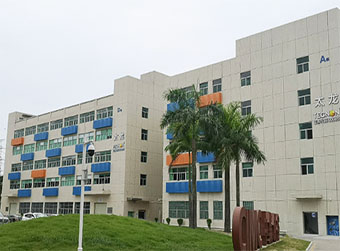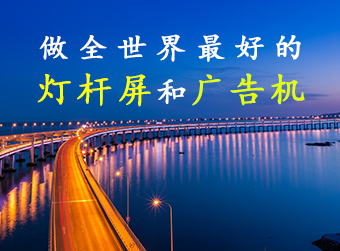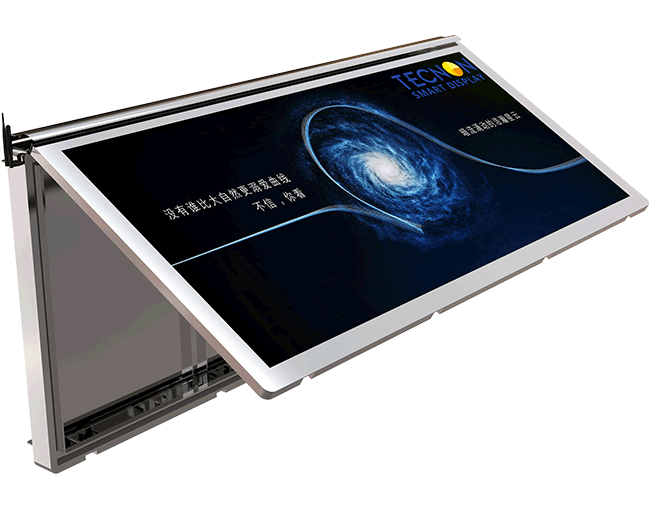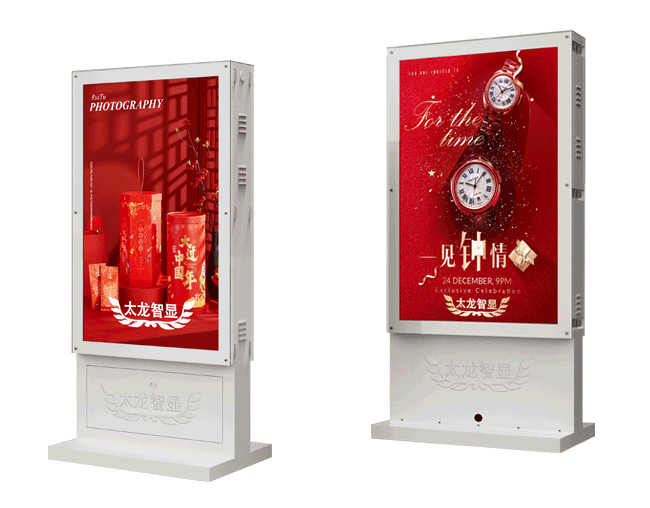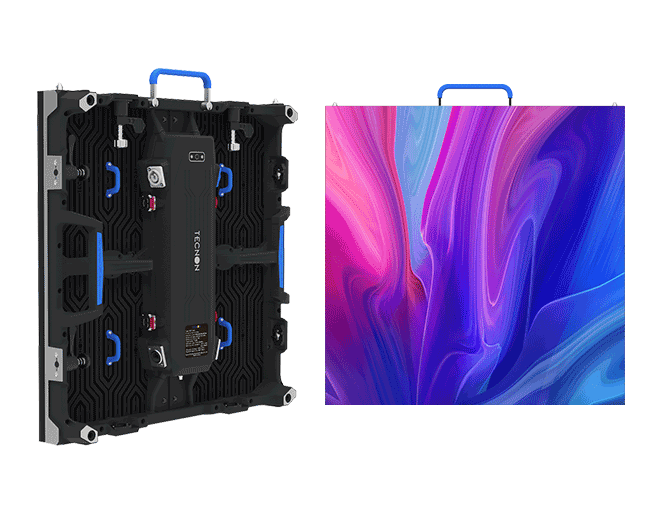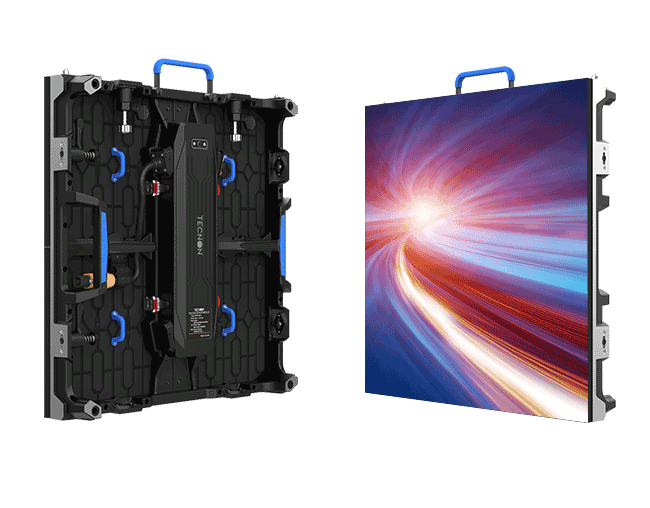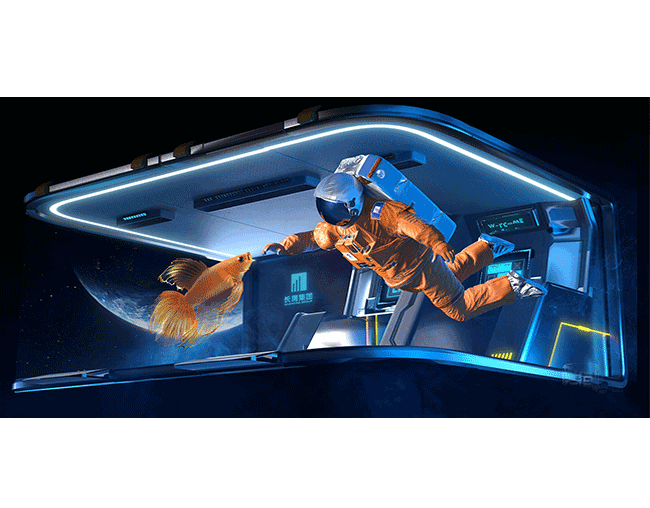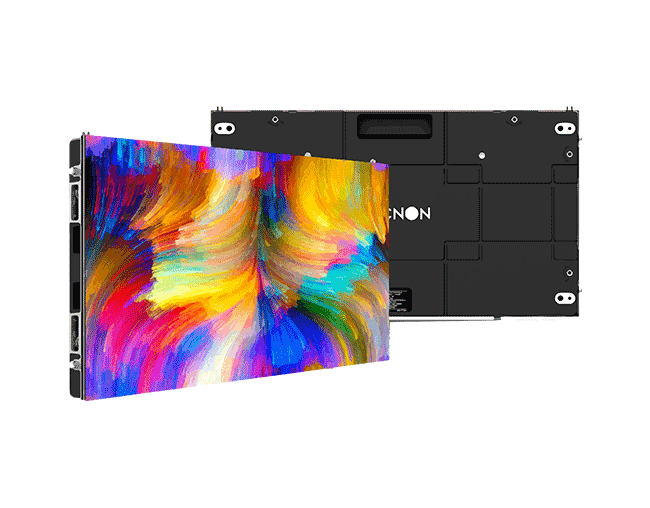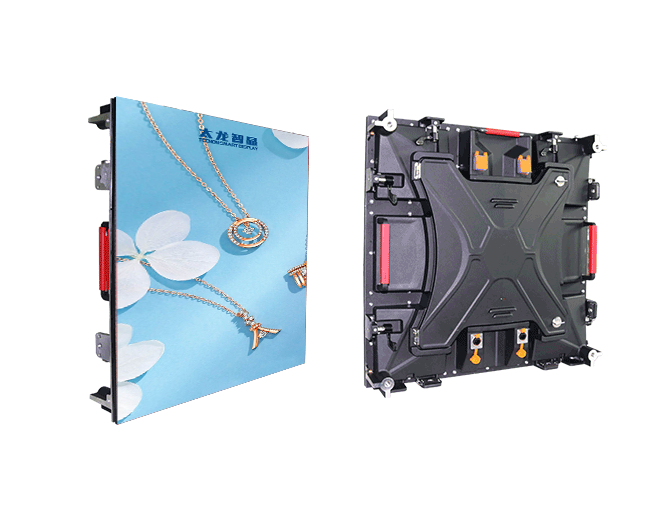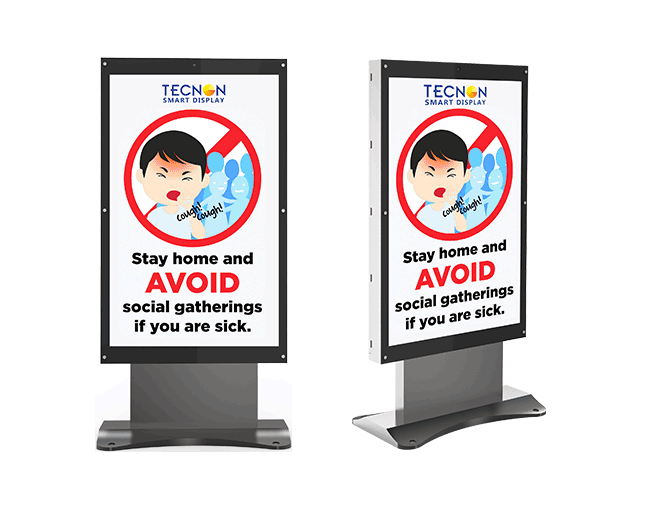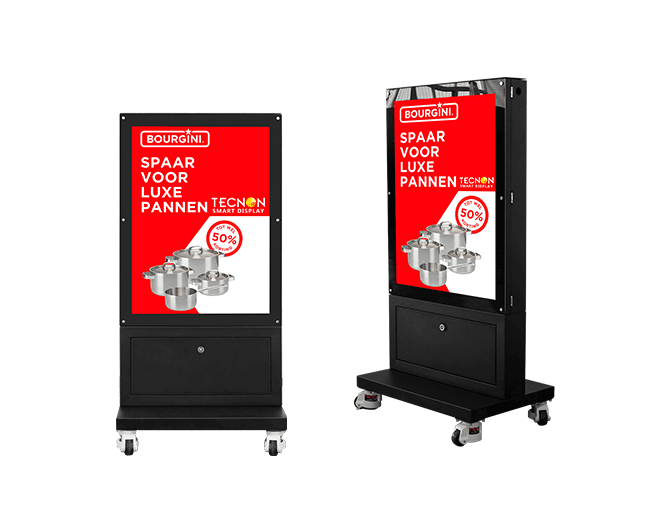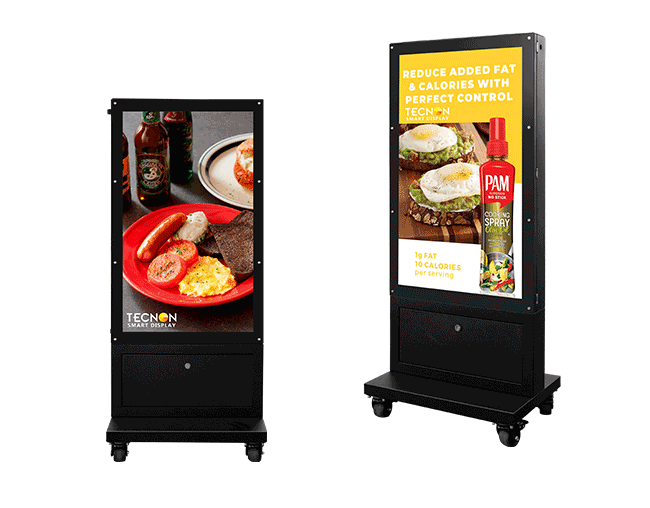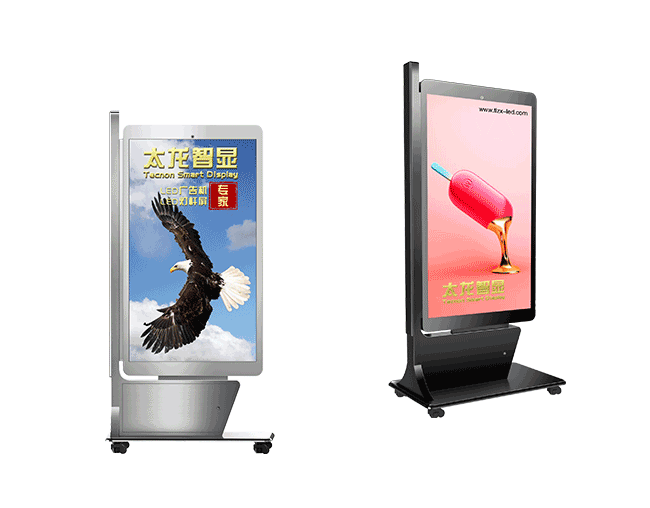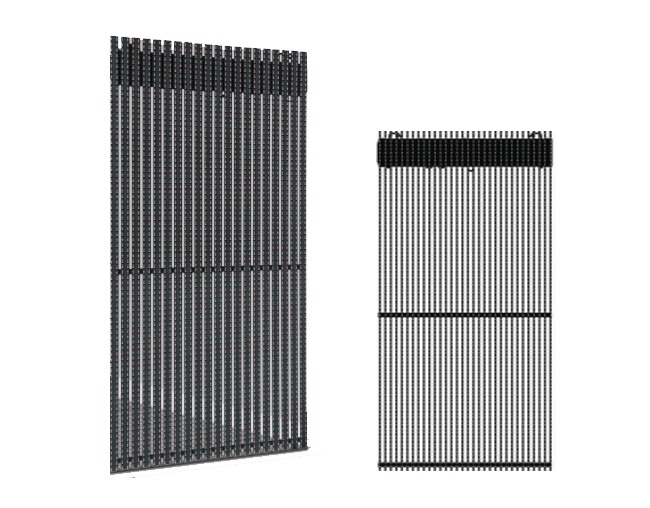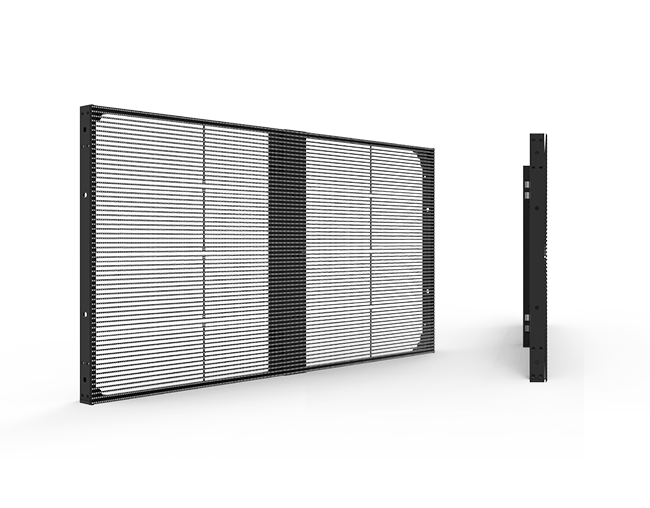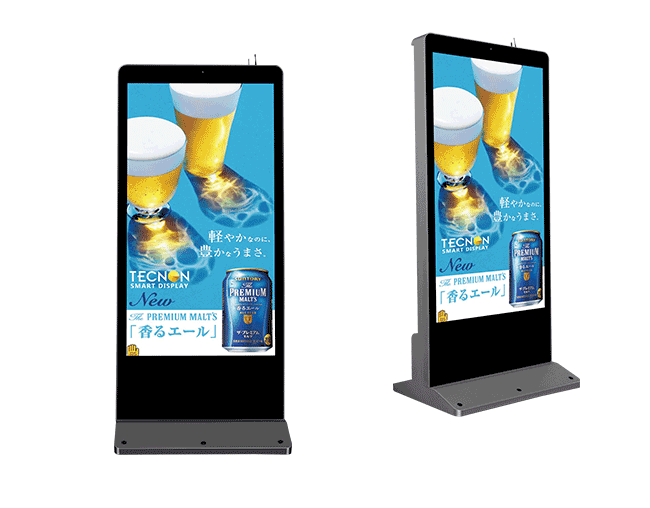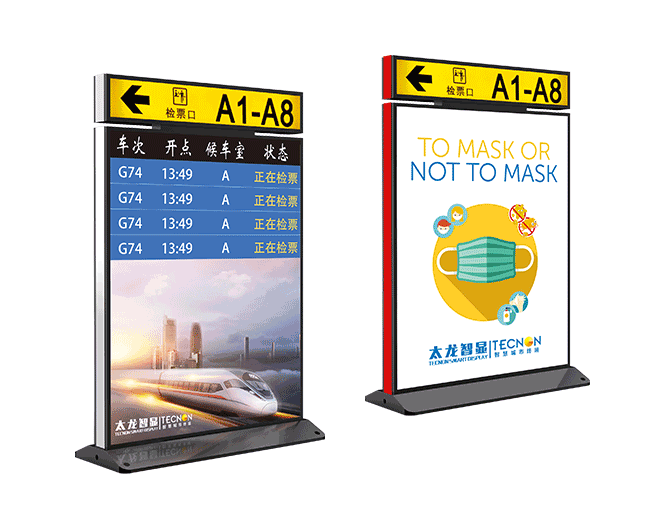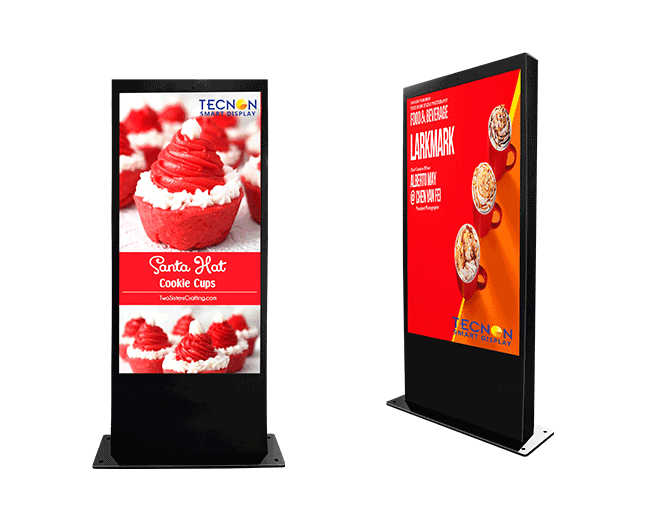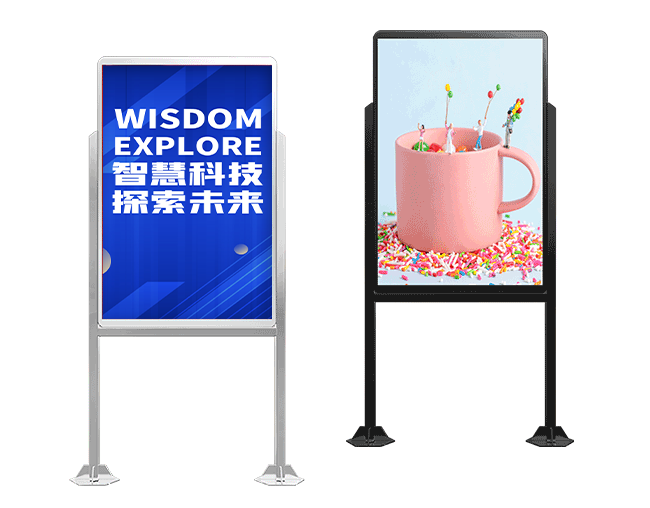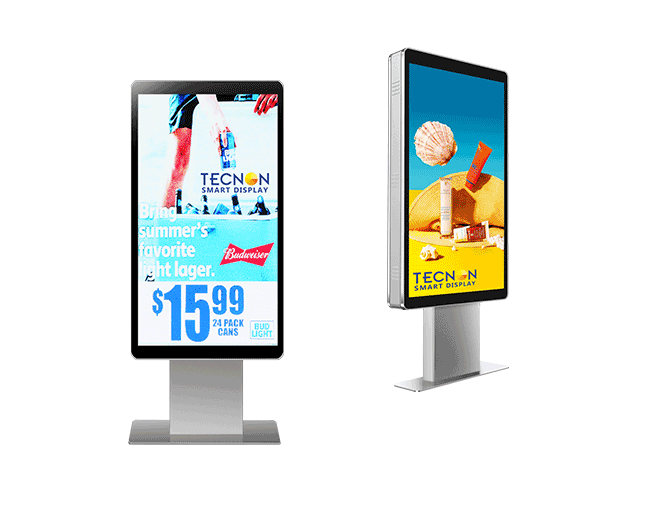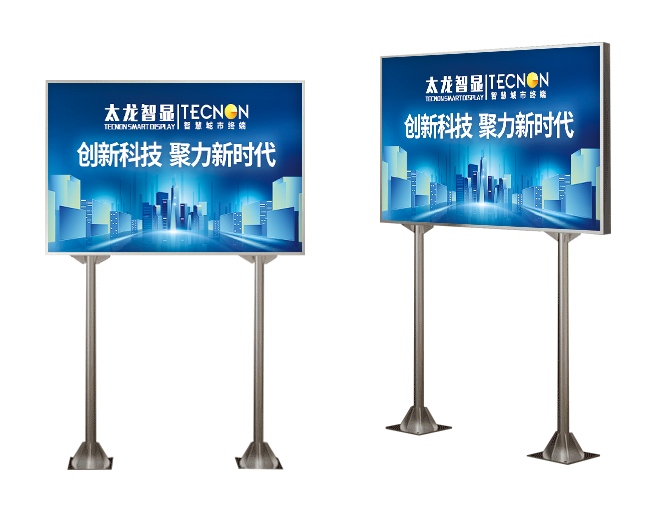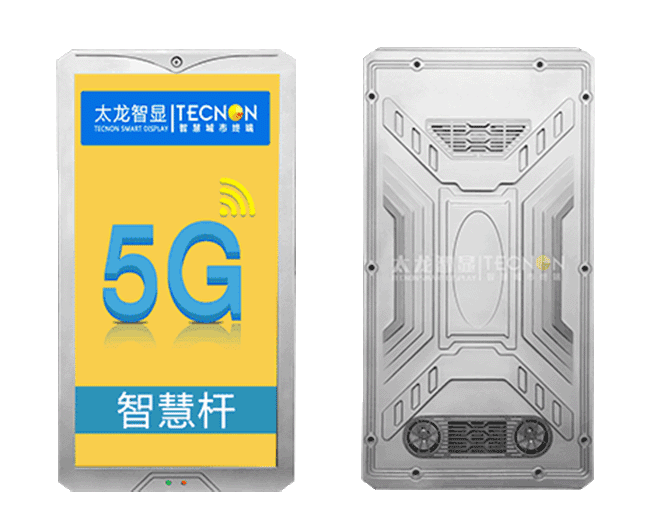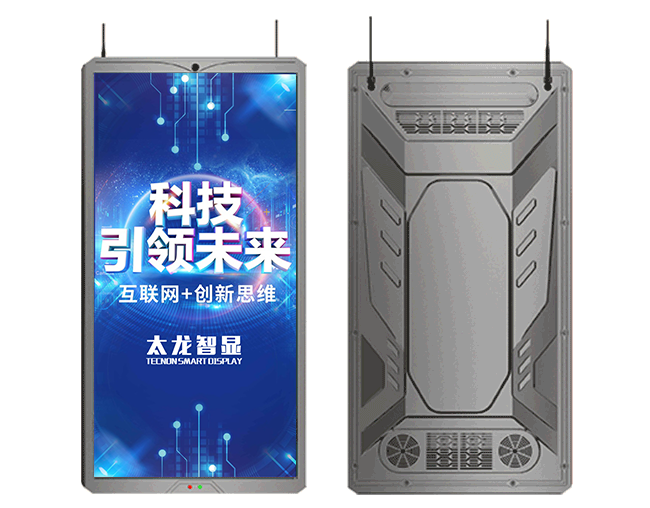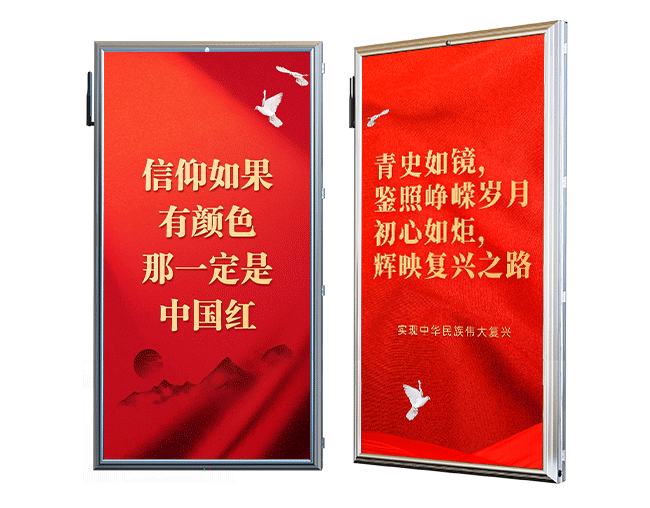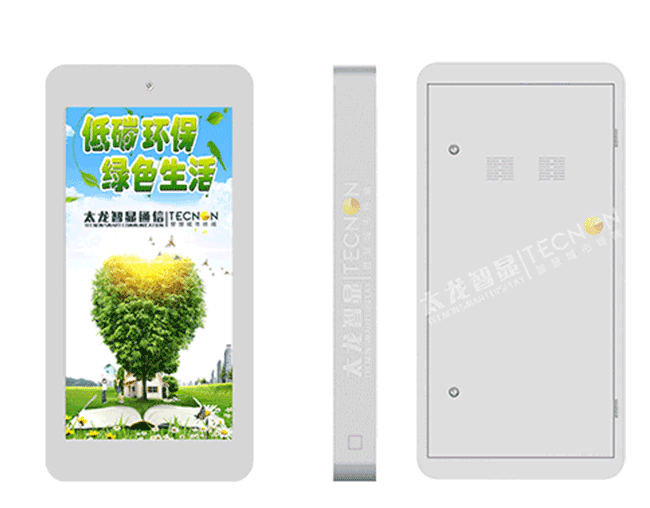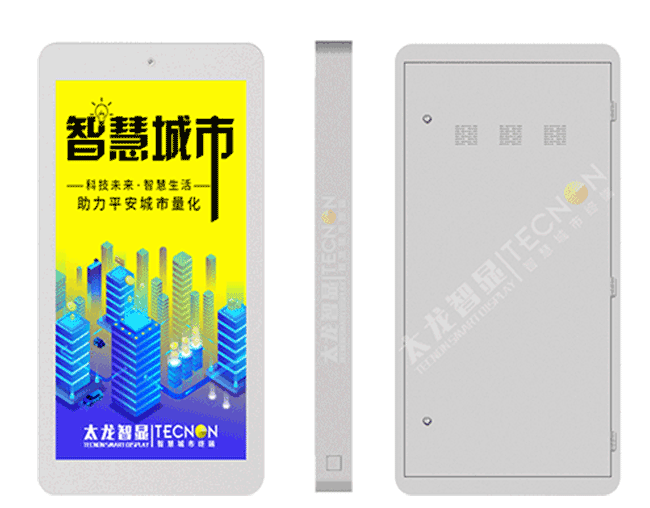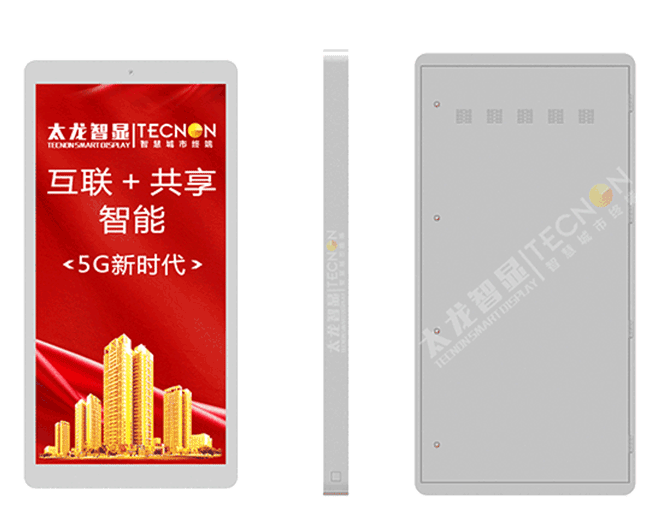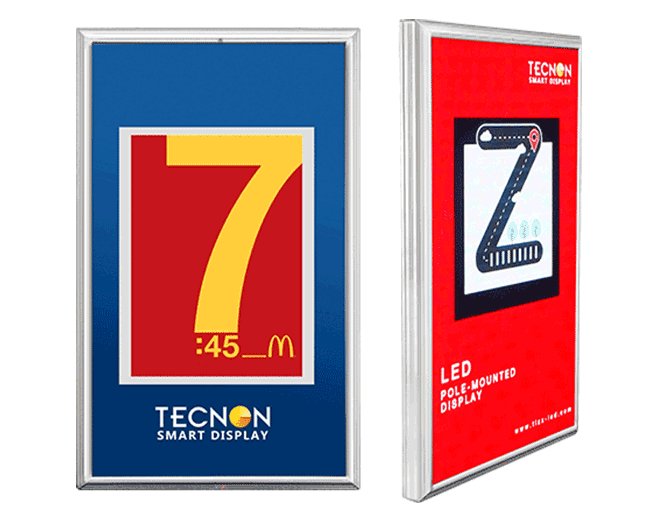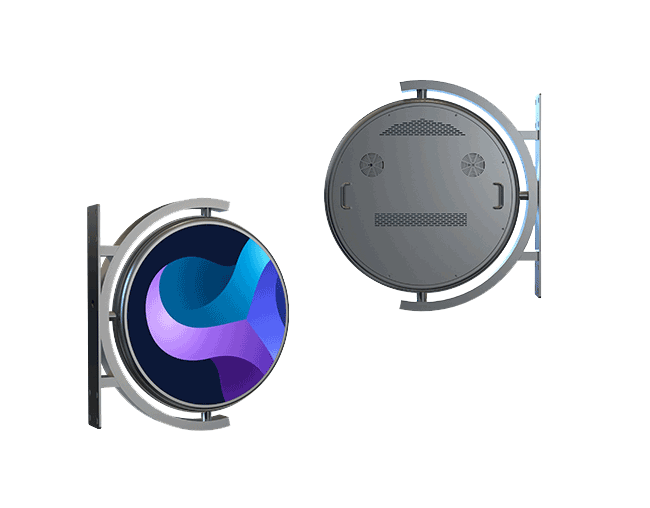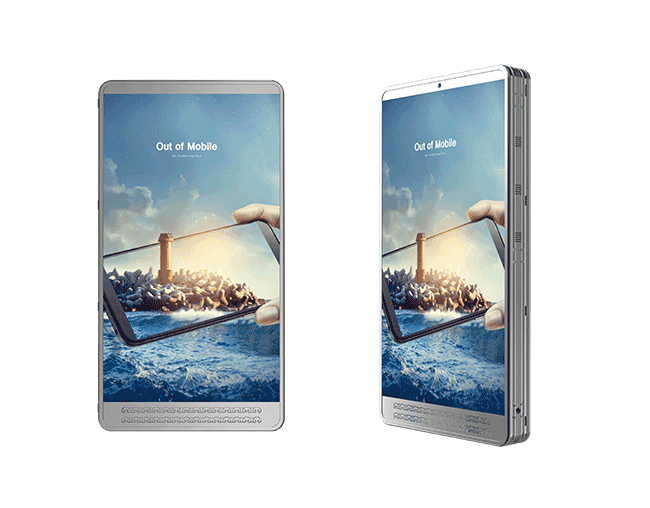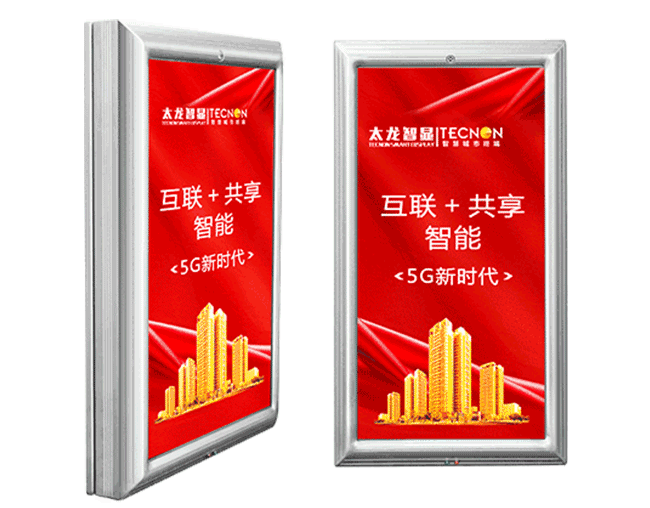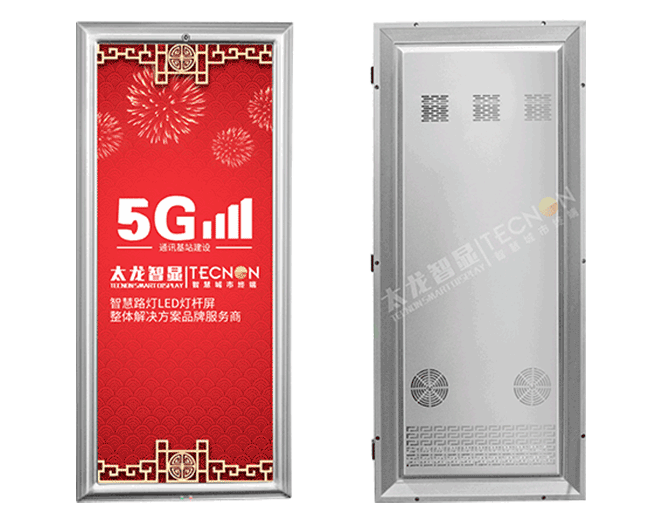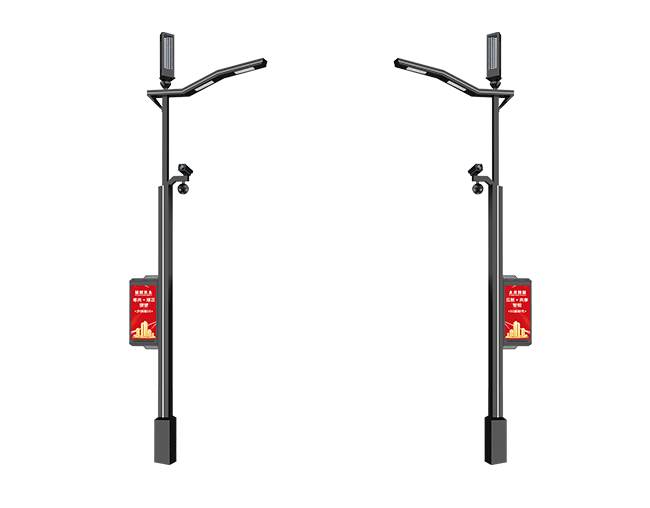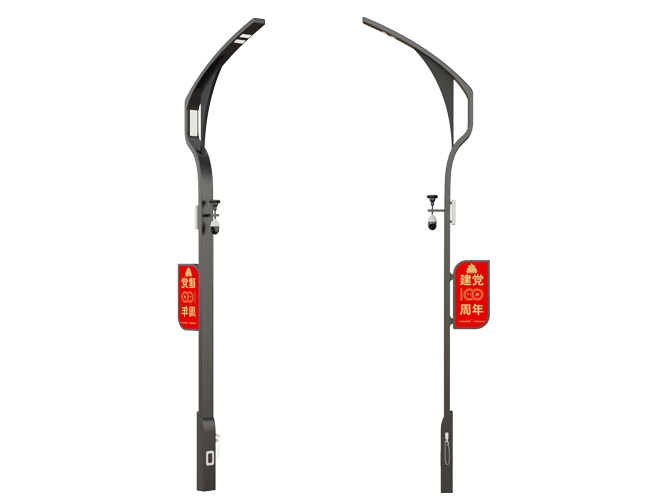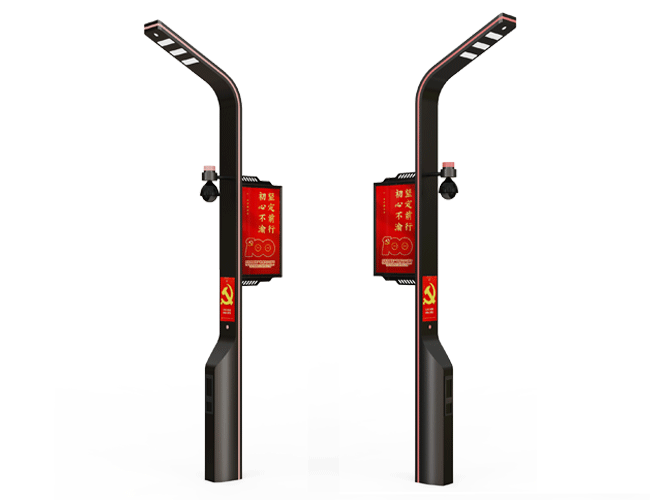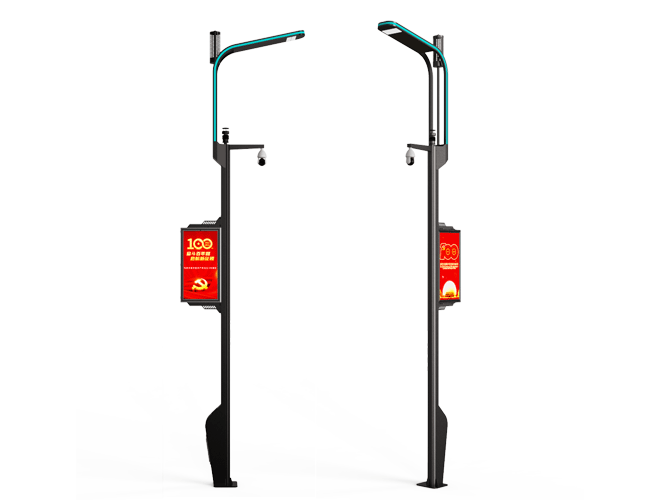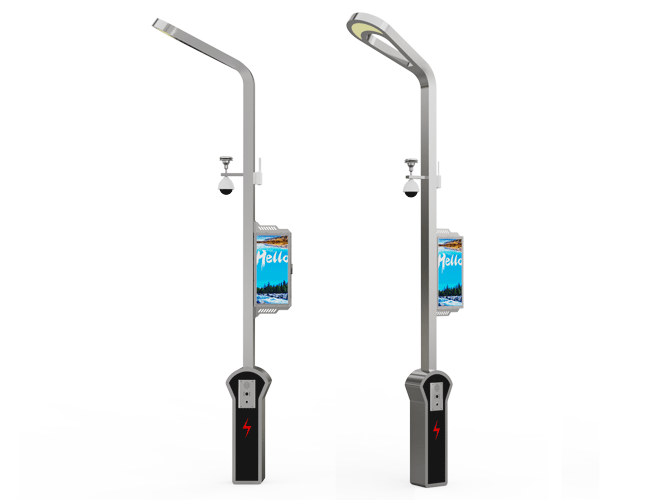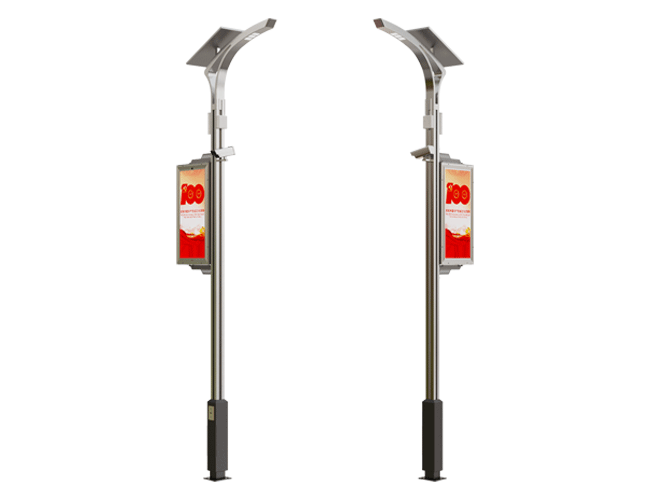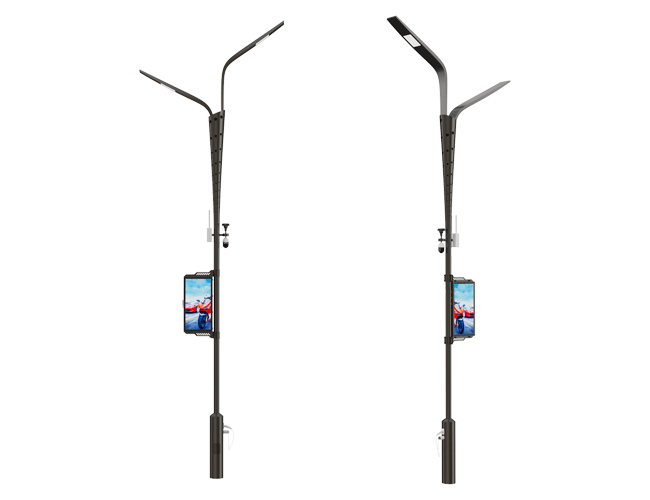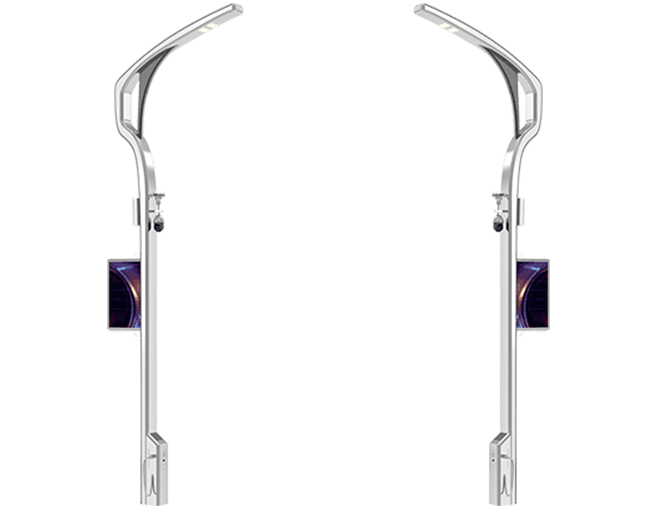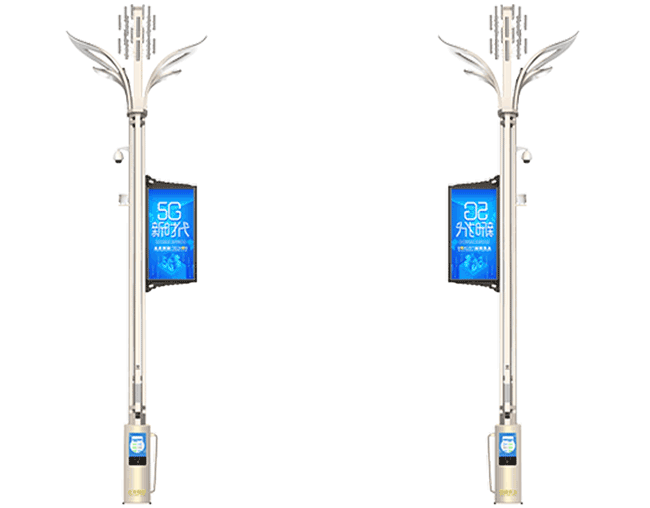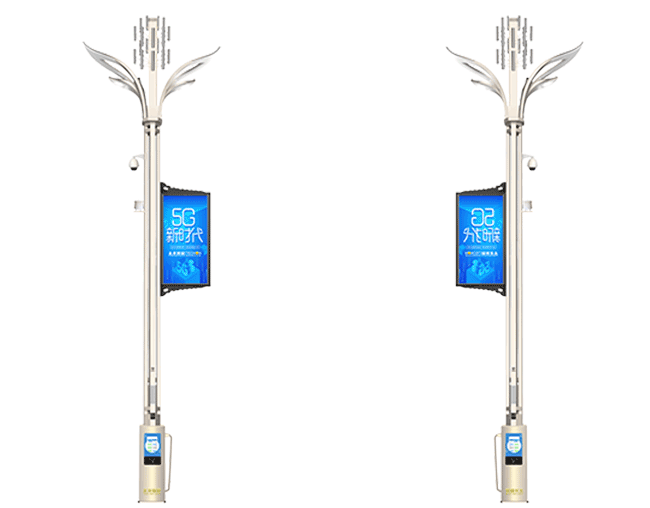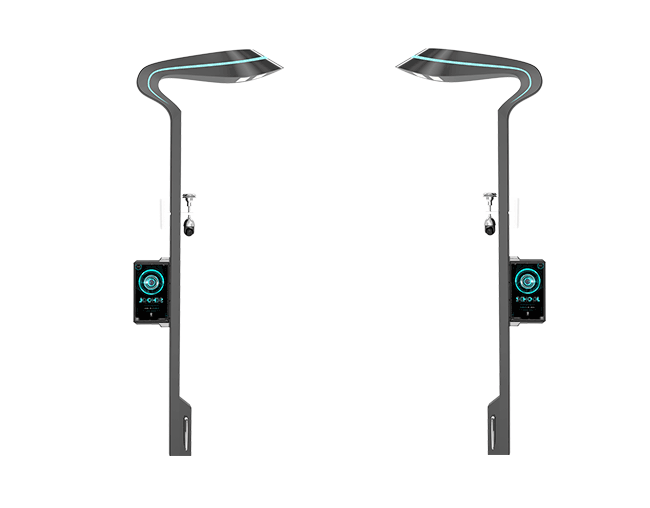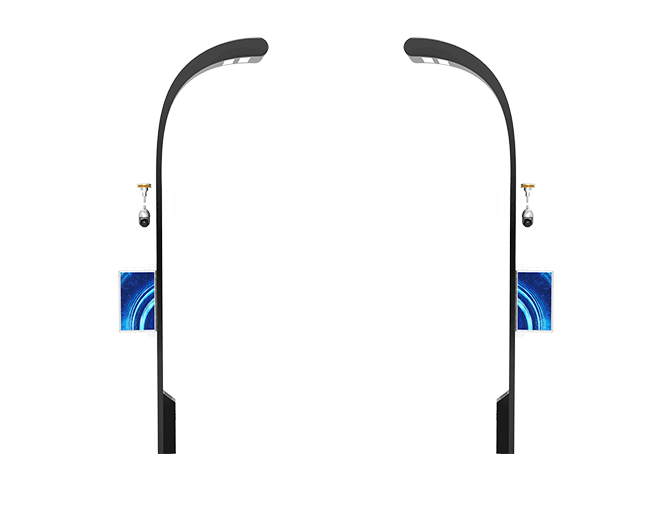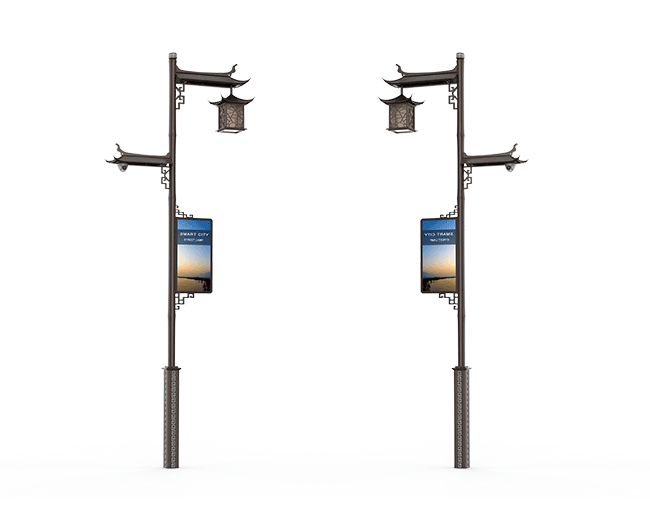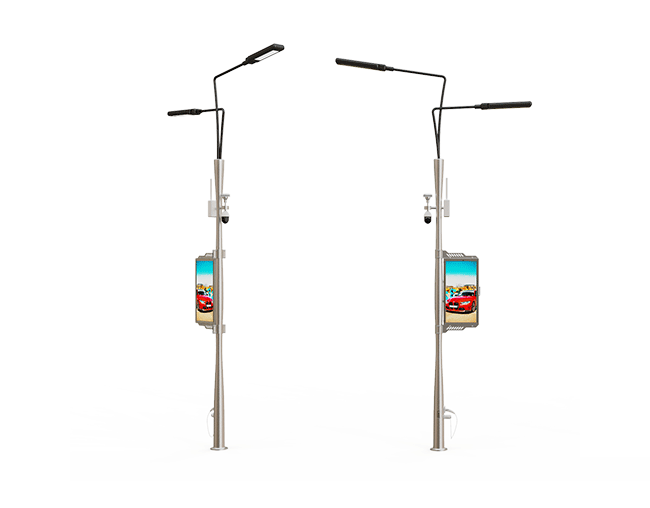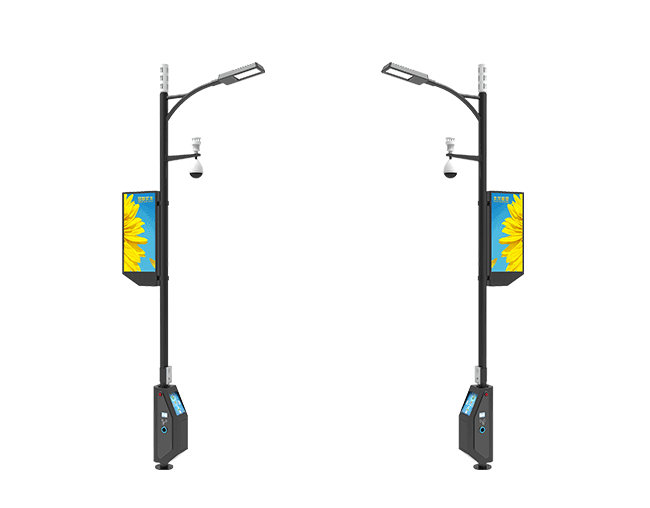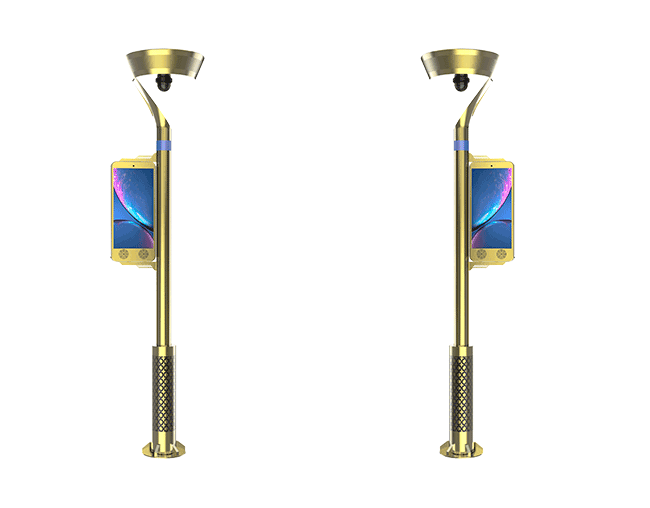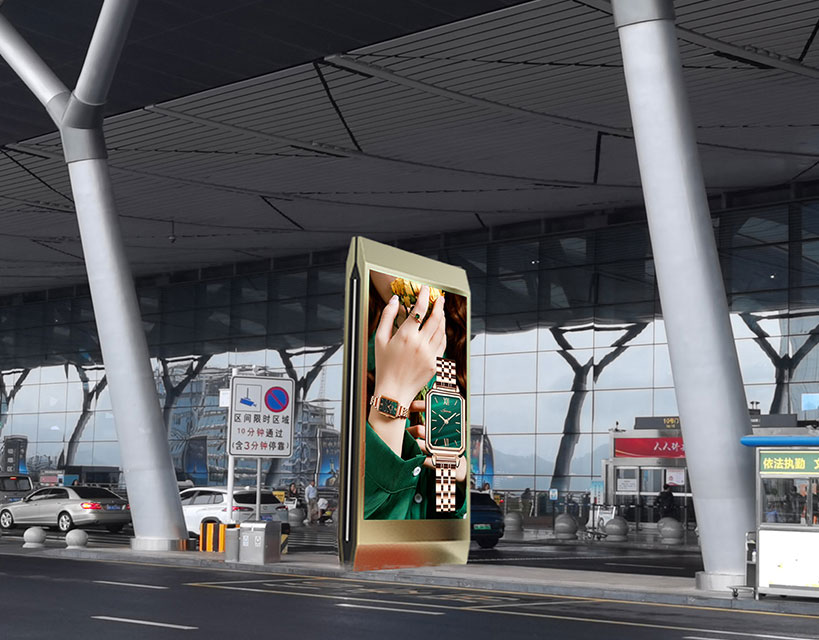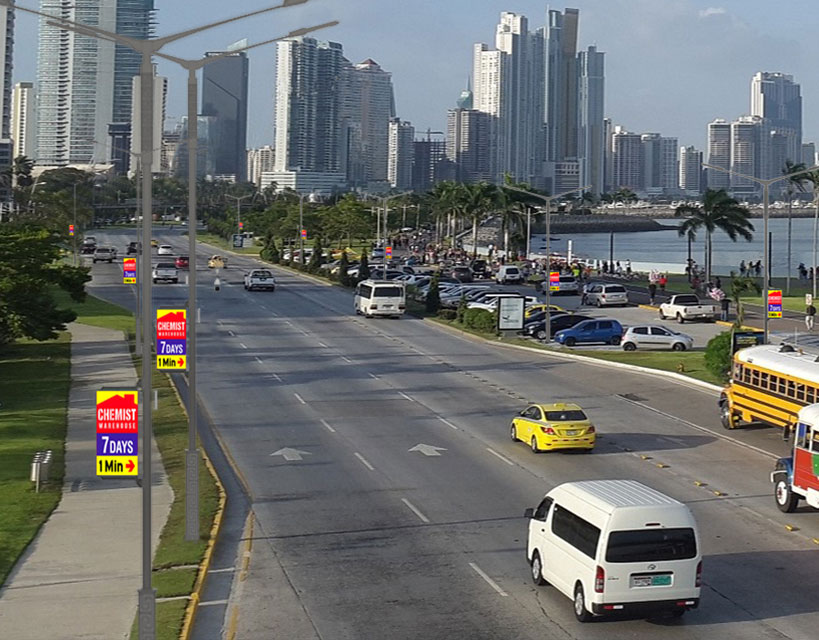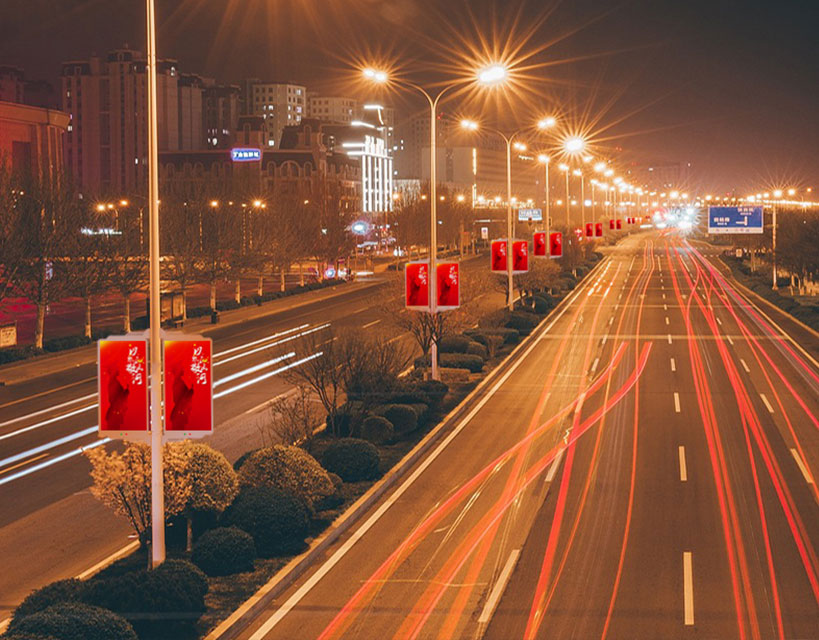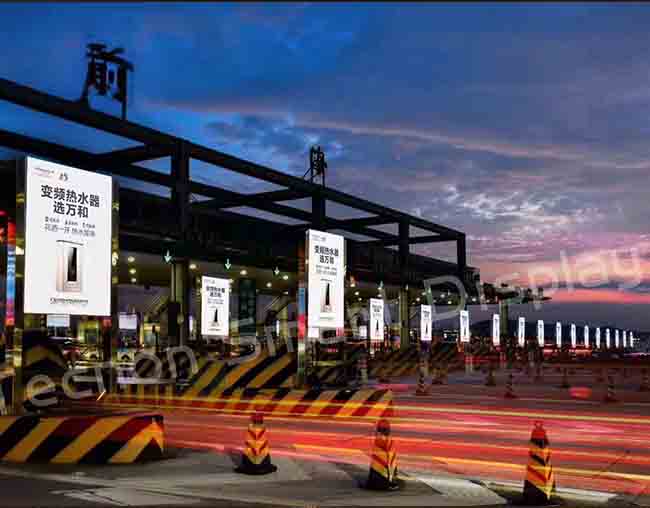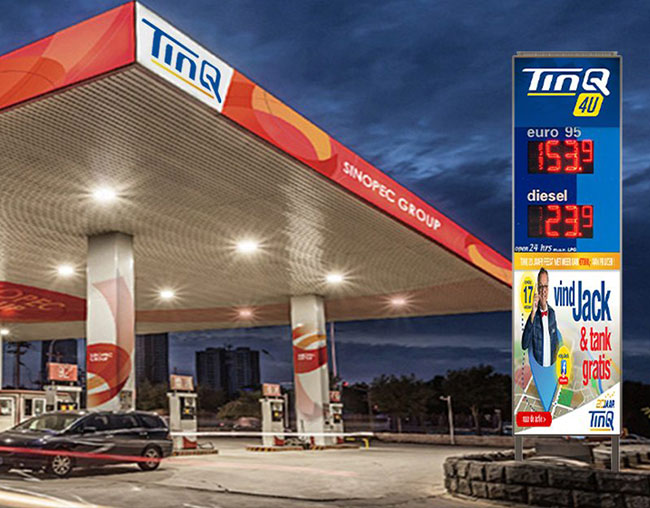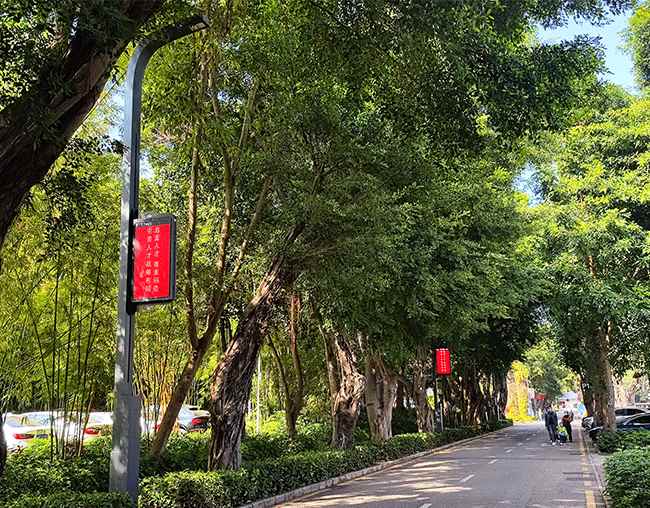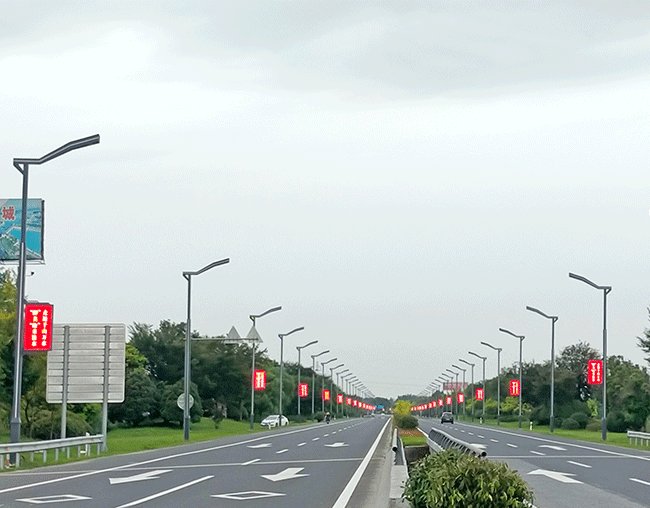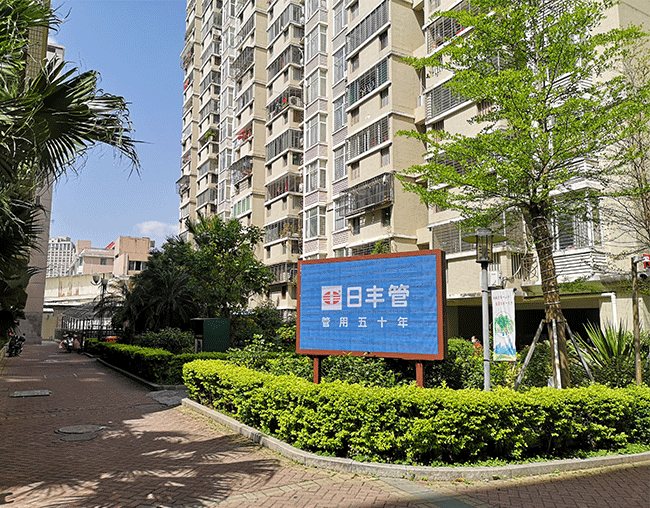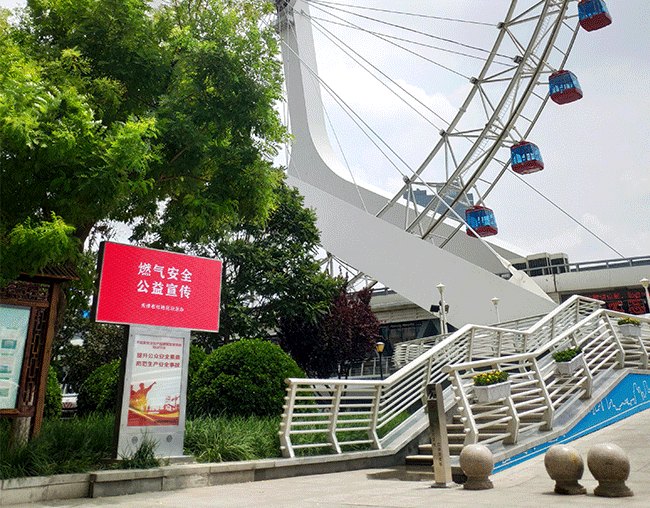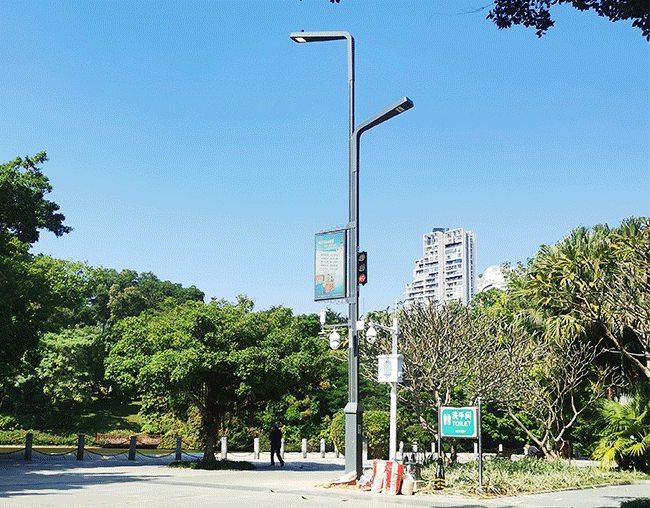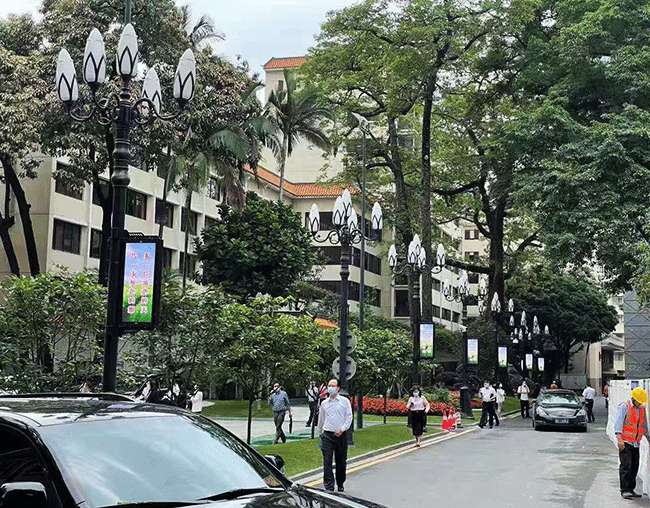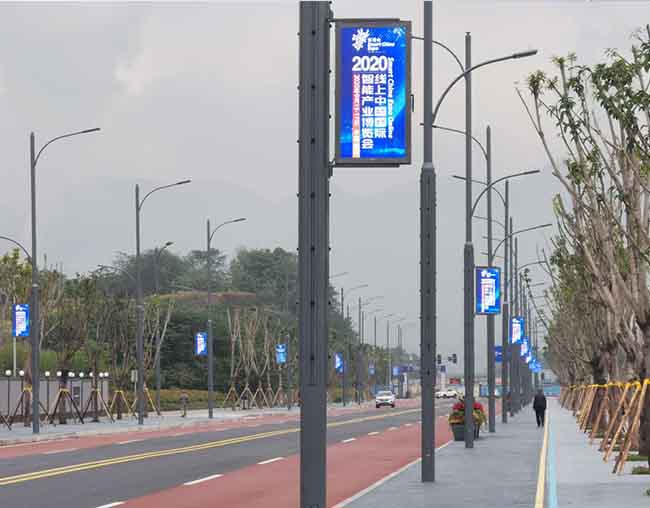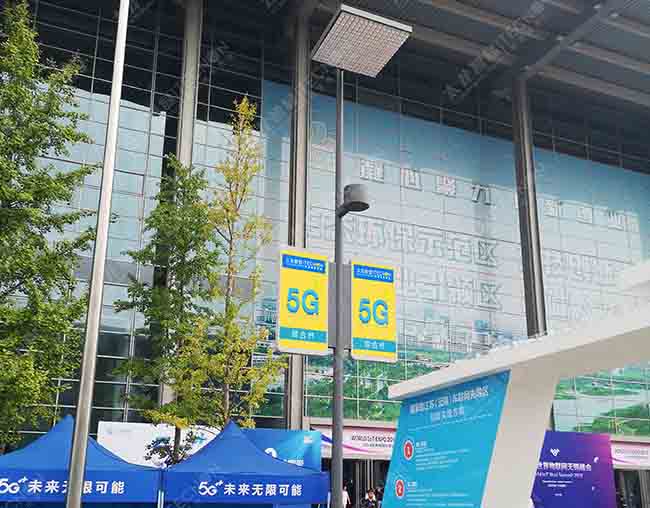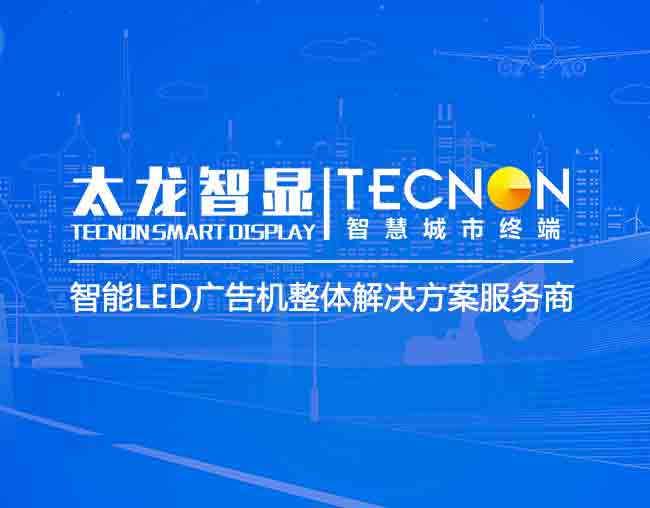Digital China Smart City Construction Fully Embraces the Era of LED totem
Against the background of the deep integration of digital economy and new urbanization, China's smart city construction is undergoing a profound digital transformation. With the breakthrough development of technologies such as 5G, Internet of Things, and artificial intelligence, LED totem, a seemingly traditional terminal device, are becoming an indispensable carrier of public information interaction in the smart city ecosystem with its digital, networked, and intelligent upgrades. From urban transportation hubs to community service outlets, from commercial complexes to public cultural spaces, LED totem are quietly promoting the inclusive transformation of urban governance, people's livelihood services, and business ecology with the innovative model of "display as a service".

The evolution of LED totem is essentially a miniature revolution in urban information interaction technology. The "information island" era of early static light box advertising has been completely rewritten as a "cloud-connected, data-driven" smart terminal network under the catalysis of 5G+AIoT technology. The current mainstream LED totem has achieved three core breakthroughs: first, computing power is embedded, and the intelligent matching of advertising content and real-time scenes is achieved through edge computing chips; second, interactive multi-dimensionality, touch, face recognition, AR overlay and other functions upgrade one-way communication to two-way interaction between man and machine; third, ecological openness, seamless connection with the city big data platform through API interface, and become a visual terminal for smart transportation, environmental monitoring, emergency command and other systems.
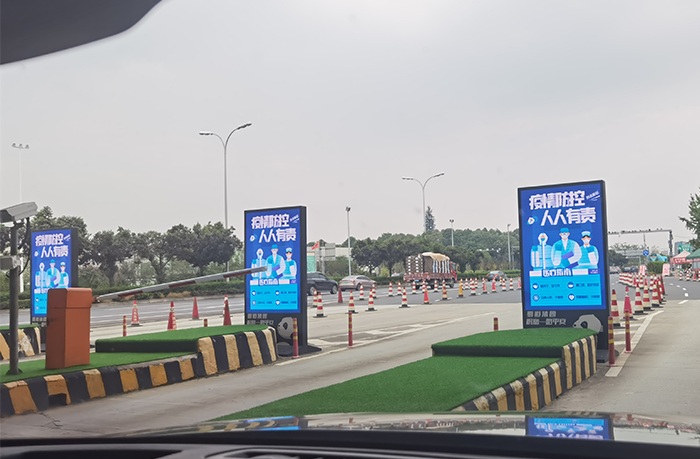
The smart street light project in Shenzhen Qianhai Free Trade Zone integrates modules such as LED totem, environmental sensors, and 5G micro base stations. Advertising content can dynamically adjust public welfare publicity strategies according to real-time air quality data to achieve a precise balance between commercial value and social value. This technology integration model indicates that LED totem are transforming from simple advertising carriers to key nodes of urban digital nerve endings.

Under the framework of "full-domain perception and interconnection of all things" in the new smart city, the value extension of LED advertising machines continues to expand, creating an unprecedented matrix of application scenarios. In the field of transportation, the intelligent navigation system of Beijing Daxing Airport realizes three-dimensional visualization of flight information, commercial services, and emergency evacuation through a cluster of LED totem, and the conversion rate of passenger touch screen interaction reaches 32%; on the government service side, the government integrated machines deployed by Hangzhou's "City Brain" in the community have an average daily processing of 5 times more matters than traditional windows, and the proportion of elderly people using them has increased from 17% to 41%, truly achieving the bridging of the digital divide.

More innovative is the disruptive change in business scenarios. The LED window advertising machine in the smart business district of Nanjing Road, Shanghai, realizes the content push of "thousands of stores and thousands of faces" through AI passenger flow analysis, and combines the instant distribution function of digital RMB red envelopes to shorten the cycle of converting advertising exposure into actual consumption to minutes. This "what you see is what you get" consumption closed loop reconstructs the spatial value logic of offline business.

When the LED totem network is deeply integrated with the city's digital base, the social value it generates has exceeded the commercial scope, forming a unique inclusive empowerment ecosystem. At the public safety level, Guangzhou's smart emergency system has built a "minute-level warning circle" through 38,000 LED screens, and the efficiency of rainstorm warning information in 2022 has increased by 300% compared with traditional methods; in the field of cultural communication, the AR advertising machine deployed by the Dunhuang Research Institute in the scenic area has extended the retention time of tourists who have been explained by the murals by 2.3 times, and the cultural communication efficiency index has increased by 87%.

What is more worthy of attention is the digital equality effect it brings. In the county smart city construction project, the LED government advertising machine has solved the problem of the "last mile" of grassroots services with the "video customer service + dialect recognition" model. Practical data from Lankao County, Henan Province shows that the proportion of rural residents handling government affairs through smart terminals has jumped from 12% in 2019 to 68% in 2023, and digital inclusion has truly become a reality.

With the accelerated development of XR technology and digital twin cities, LED advertising machines are evolving into the "meta-entrance" of human-computer interaction. The holographic advertising machine piloted in Beijing's sub-city center uses spatial computing technology to achieve naked-eye 3D display, and the advertising click-through conversion rate is 5-8 times higher than that of traditional screens. More forward-looking applications have appeared in Xiongan New Area, where the City Information Model (CIM) platform uses LED advertising machines as an anchor point for virtual-real integration. Citizens can obtain in-depth content such as building carbon emission data and store traceability information through mobile phone AR scanning. This interactive interface that blends virtual and real indicates that LED advertising machines will become infrastructure components of the urban metaverse. When each screen can become a portal connecting the physical world and the digital world, the digital reconstruction of urban space will enter a new dimension.

When LED advertising machines evolve from commercial communication tools to urban smart service terminals, what is reflected behind them is the deep logical transformation of China's new urbanization construction-digital technology is no longer a cold efficiency tool, but a warm social empowerment carrier. Under the guidance of the "Digital China" strategy, this urban space revolution with LED display terminals as the fulcrum is writing a new chapter of smart cities that are people-oriented and inclusive. With breakthroughs in 6G synesthesia, brain-computer interface and other technologies, urban screen networks may evolve into neural interfaces for people to communicate with the digital world, continuously releasing the dividends of the digital civilization era.




